
News writer
In a time when it feels like Americans can't agree on anything — from climate change policy to gun control, vaccines to voting rights — there's one surprisingly unifying force that quietly crosses party lines: the lottery.
Yes, that scratch-off ticket at the gas station and the nightly Powerball drawing aren't just symbols of pipe dreams or lucky breaks. They happen to represent one of the rare cultural and political common grounds in the United States today. Republicans and Democrats may often argue over the role of government, but when it comes to state-run lottery games, they seem to stand shoulder to shoulder, with each one dreaming of a jackpot that could change their lives. That shared hope, however crazy as it may seem, is a powerful thing. And the fact that it's backed by both red and blue states alike says something even deeper about the American psyche in 2025.
A game for all states
First, let's look at the facts: 45 states have lotteries. That includes reliably blue states like California, New York, and Massachusetts, as well as red strongholds like Texas, Georgia, and Alabama's neighbor, Mississippi, which introduced its lottery in 2019. Alabama, along with Utah and Nevada, remains one of the only holdouts, though even their debates continue.
State legislatures that typically disagree on nearly everything from taxes, abortion, and gun laws have managed to agree that lotteries are worth having. That's no small feat.
Consider the political makeup of lottery states. Deep-red Kansas and ruby-blue Oregon both offer Mega Millions. Conservative Florida and liberal Illinois each promote scratch-off games and multi-state drawings. Even hyper-partisan battlegrounds like Pennsylvania and Arizona have robust lottery programs. And the legislation supporting these games often sails through with bipartisan support.
Why? Because lotteries are one of the few state-run programs that fund themselves, require little bureaucracy, and offer politicians from both parties a revenue stream that doesn't involve raising taxes. It's a win-win for everyone, at least on the surface.
Ideologically opposed, practically aligned
Dig a little deeper and the unity gets even more interesting. On paper, the lottery is a bit of a political contradiction.
For Republicans, especially fiscal conservatives, a government-run gambling system might sound directly opposed to their principles. They often argue that the government should be lean, not in the business of managing games of chance. And yet, Republican lawmakers frequently vote in favor of lotteries because they see them as voluntary revenue. No coercion, no tax hikes, just good old-fashioned personal choice and entrepreneurial spirit, but with astronomically long odds.
On the other hand, we often see Democrats championing government regulation and social equity. Lotteries, critics argue, disproportionately affect low-income Americans, who spend a higher percentage of their income chasing improbable payouts.
Yet many Democrats support lotteries because the revenue often goes toward causes they care about, like education, infrastructure, and environmental programs. In states like California and New Jersey, lottery dollars are earmarked for public schools. That makes it easier to accept the ethical trade-offs.
In other words, both parties find just enough of their values reflected in the lottery to make peace with it, even if it contradicts other parts of their ideology. That's rare in today's climate. And that's why it's worth paying attention to.
The power of shared hope
It's not just politicians who are aligned. The American public, regardless of political affiliation, buys in — literally. Gallup polling over the years has consistently shown that around half of Americans report buying a lottery ticket in the past year. Dig into the data a little more, and you'll find very little difference between Democrats, Republicans, and Independents when it comes to playing the lottery.
Why is that? Because the lottery taps into something beyond politics: the uniquely American dream that anyone, at any time, can suddenly hit it big. It's the financial version of the Cinderella story, open to plumbers and professors, Democrats and Trump voters alike.
In fact, walk into any gas station during a Mega Millions frenzy and you'll see it: conservatives and liberals, elbow to elbow, chatting about what they'd do with $1 billion. It's one of the few places left where strangers from opposite sides of the cultural divide can stand in the same line and share the same dream. There's no shouting or arguing. It's just everyone sharing a hopeful fantasy.
Even during the darkest days of the pandemic, when people were at odds over masks and mandates, lottery ticket sales in many states surged. If you're looking for an outlet that gave Americans temporary relief from the weight of our polarization, look no further than the ticket machine at your local supermarket.
Criticism from both sides, support all the same
That's not to say the lottery is free from critique. It's not. And both sides have reasons to be wary.
On the left, social justice advocates have long pointed out that lotteries act as a regressive form of taxation. Poorer Americans spend a higher proportion of their income on tickets, often motivated by a false sense of hope. The dream is seductive, but statistically devastating.
On the right, moral conservatives sometimes bristle at the state endorsing gambling in any form, worried about addiction and societal decay. Others see it as government overreach into personal finances.
But even those who criticize the system often stop short of advocating for its repeal. Instead, the arguments usually focus on reform. They demand more equal funding distribution, enhanced financial knowledge, and better communications. Yes, the system has flaws, but there isn't enough political will to fix it. There are too many people from too many different ideological backgrounds that believe the lottery is a fair compromise.
Lottery revenue: A politician's dream
We can all admit that both parties are attracted to the lottery because of its financial component. Lottery ticket sales brought in over $100 billion for Americans just in 2023 alone. That is one of the biggest non-tax revenue streams for governments. Depending on the state that you live in, that money helps to support everything from park maintenance to veterans' benefits and public education.
Legislators love that. They are able to fund these projects and balance budgets in their states without having to increase income or sales taxes. Because of that, voting against such a funding method is even more difficult than defeating it.
In addition, the lottery is almost considered to be sacred in some states. Take Georgia for example, where lottery funds provide nearly all of the funding for the HOPE Scholarship, which offers financial aid to students who perform well academically. The scholarship is very popular in the state, so any lawmaker in Georgia would be committing political suicide if they voted to eliminate or reduce the lottery.
This dependence on the lottery has formed a unique political alliance: don't mess with the lottery. So far, that unwritten understanding has been mostly upheld by both sides, even though Texas has been debating this topic recently.
The downside of consensus
The catch is that something isn't necessarily great or at least not good for everyone just because it's nonpartisan.
It's possible that the lottery's popularity stems more from common incentives than from shared beliefs. Politicians enjoy easy money. Fantasy appeals to voters. Furthermore, neither side wants to be the buzzkill that dashes hope, even if it is statistically unfounded.
That presents serious moral dilemmas. Are governments taking advantage of the aspirations of their people in order to increase their budgets? Can we tolerate a system that makes the most money when its participants lose? Bipartisan support can occasionally be used as a handy pretext to avoid posing these difficult topics at all.
Nevertheless, the lottery stands out as a practical agreement rather than a moral ideal in a nation where deadlock is common and compromise is uncommon. Even pragmatic agreements are noteworthy in 2025.
The takeaway: A symbol of unity, if not a solution
The American political divide cannot be resolved by the lottery. It won't reconcile our differences on climate change, gun control, and healthcare. However, it quietly serves as a reminder that, despite the fact that the ground is coated in scratch-off dust and full of unlikely fantasies, we are still able to find common ground.
It's simple to be pessimistic about the lottery. Wrapped in officially sanctioned advertising, it's a game of chance. It's also one of the few institutions that Americans from all walks of life still interact with in a similar manner, with similar aspirations, and with a comparable degree of emotional commitment.
That's a big deal in a time of political cable news and culture battles. Therefore, the next time you hear someone claim that America can no longer agree on anything, remind them that one of the last things we can agree on is located in a small glass box at the corner shop, next to the cashier, and under the fluorescent lights.
We all want to win. We all want a shot. And we all believe, even if it's just for a moment, that maybe we will. That belief isn't red or blue. It's American.
Enjoy playing the lottery, and please remember to play responsibly.
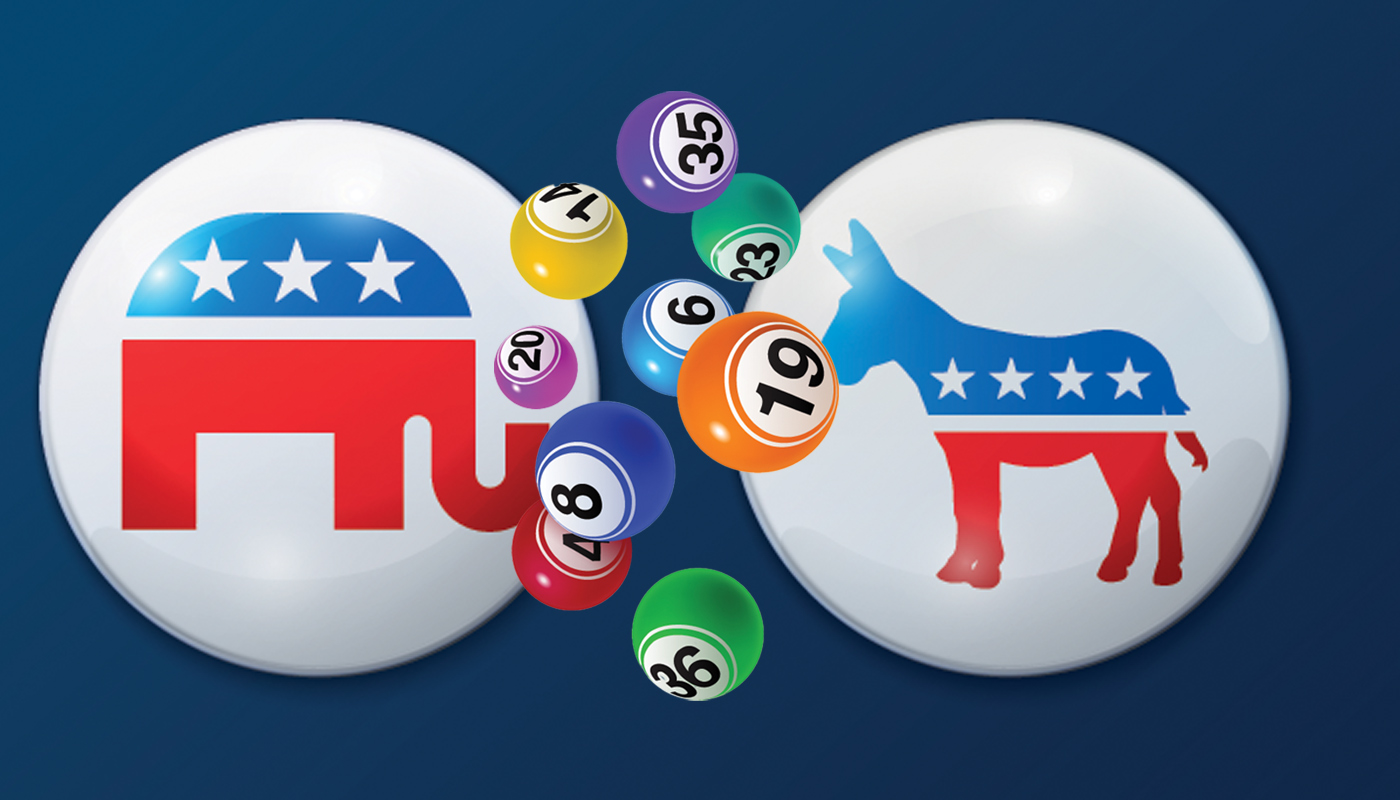
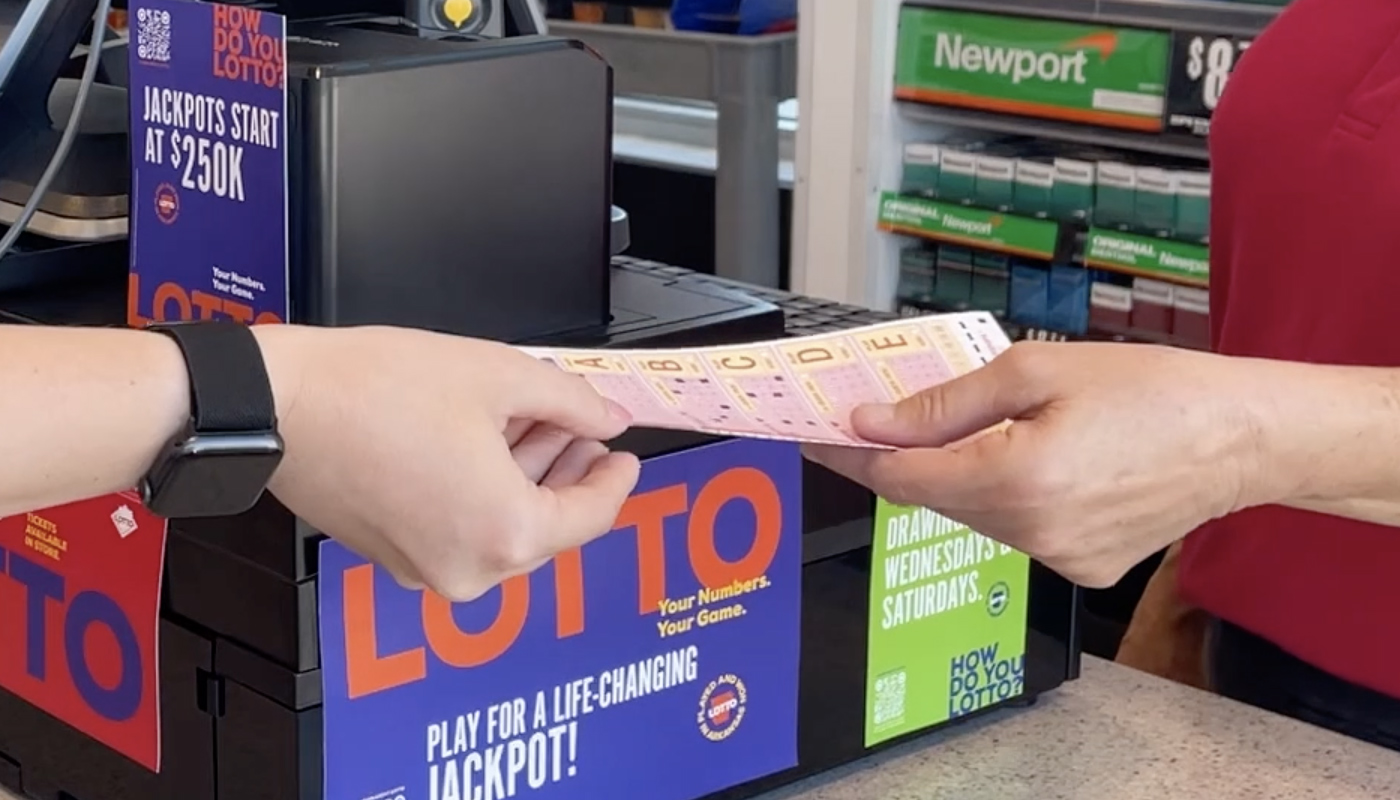
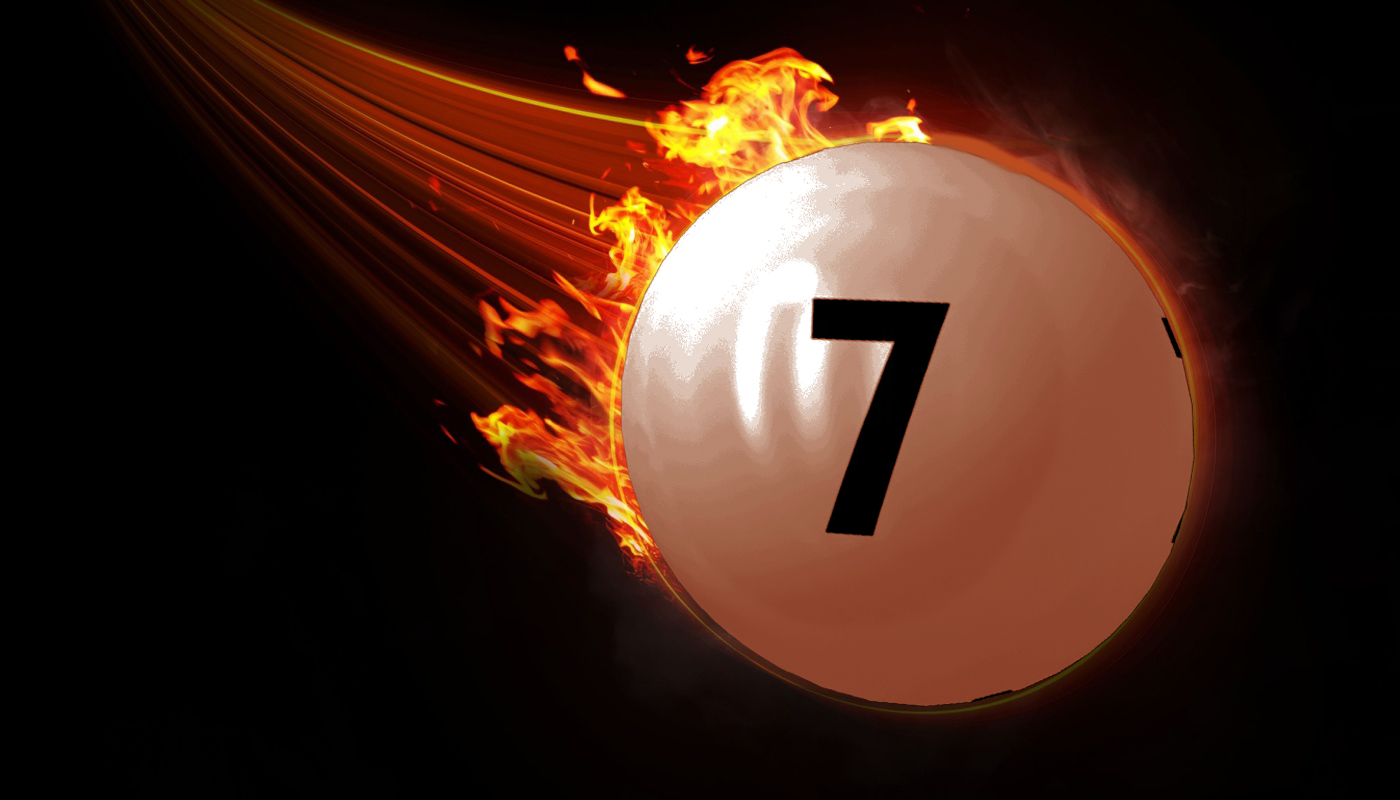

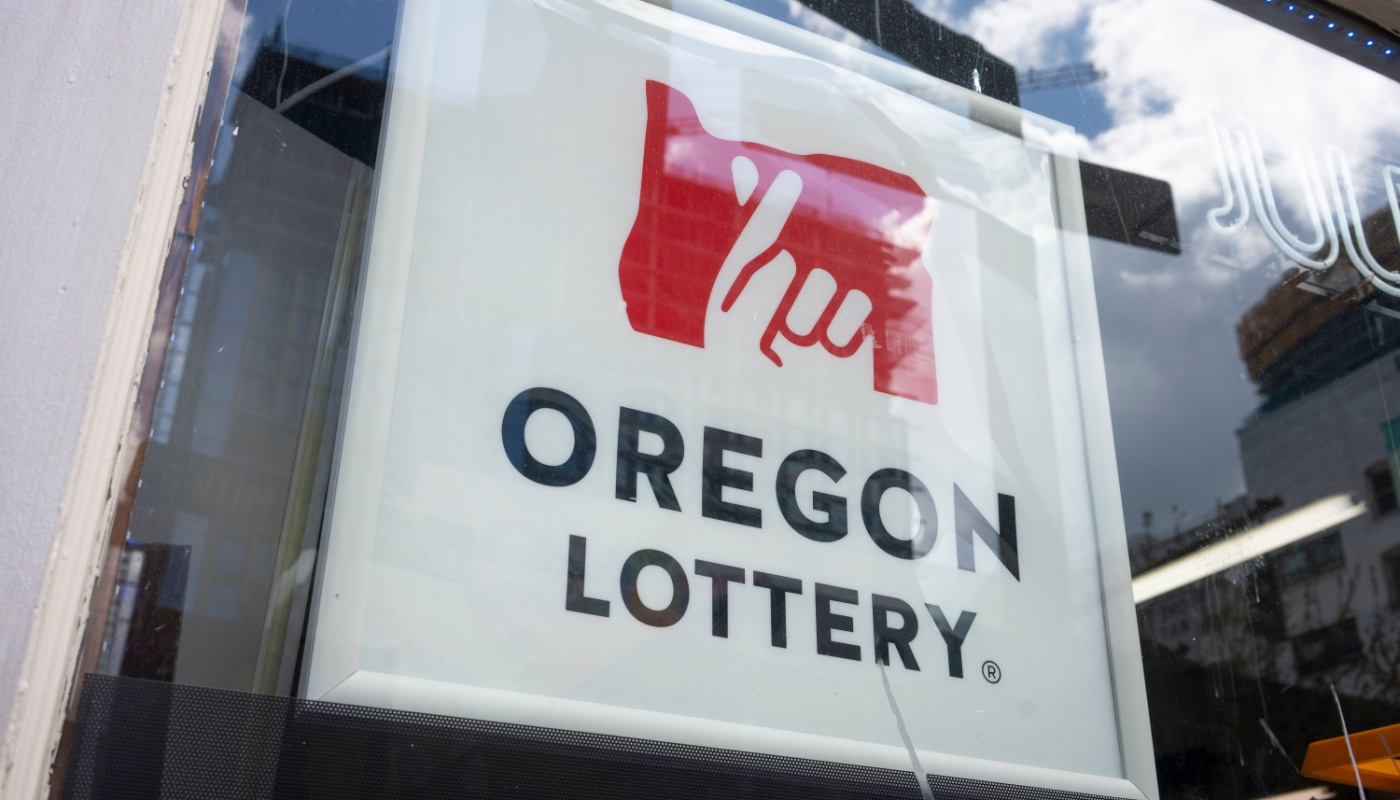



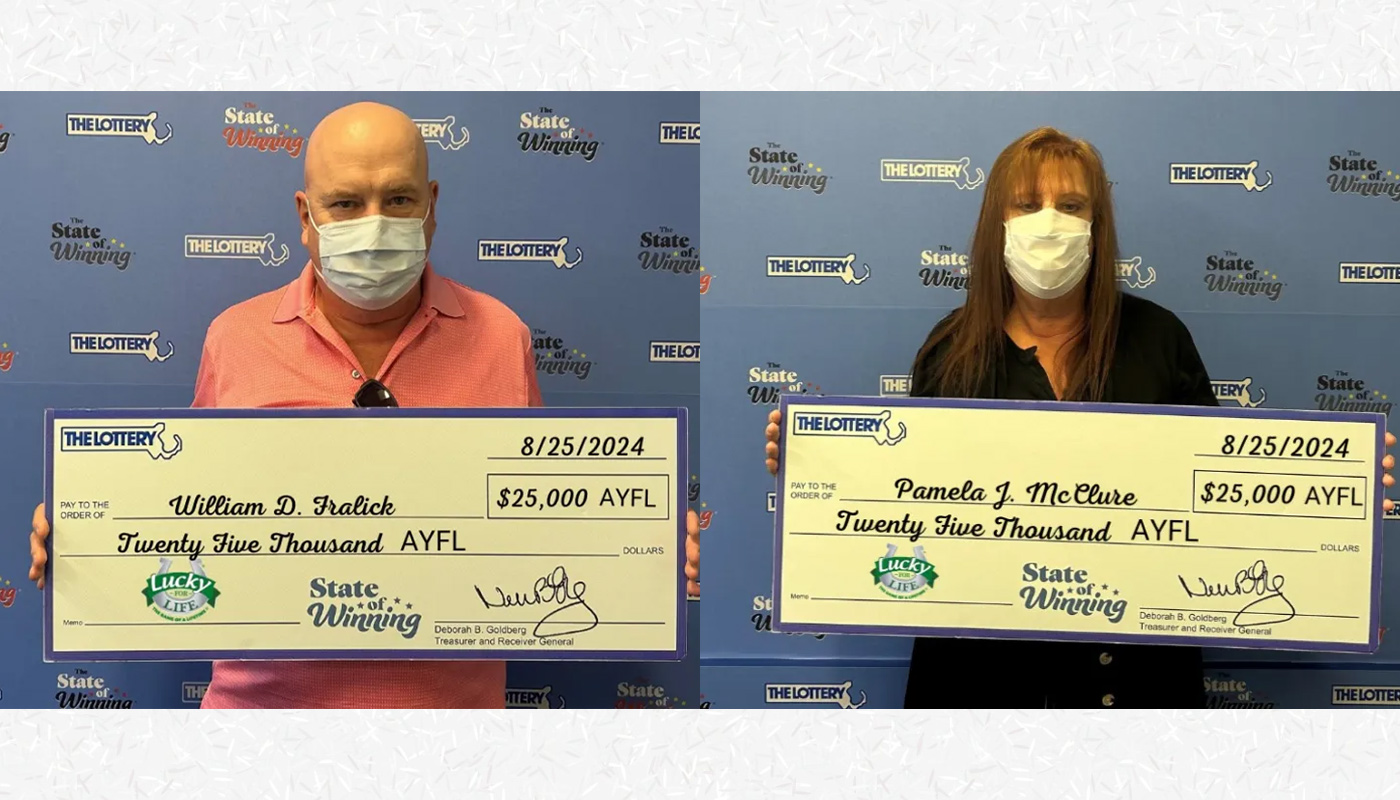








Comments